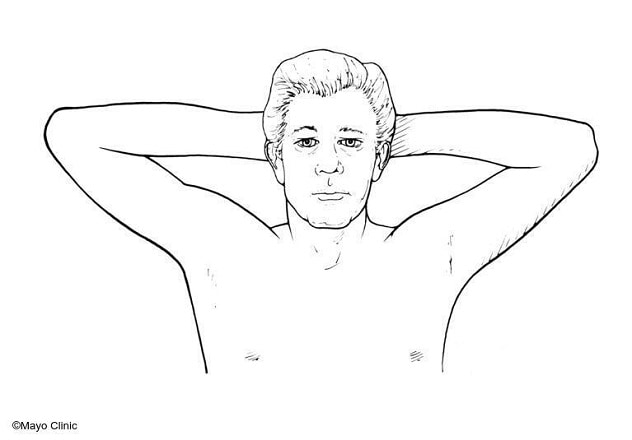June 04, 2024
Although video gaming doesn't typically involve the collisions found on the football field or the muscle strains and pains experienced by athletes engaged in high-impact contact sports, gamers have healthcare needs and injuries unique to their activity as well. Mayo Clinic physiatrist Jane Konidis, M.D., the director of GEM at Mayo Clinic in Rochester, notes that she and her colleagues see a range of gamers, including professionals and amateurs, and help diagnose, treat and prevent gaming-related problems. Mayo Clinic's GEM team members use an integrated practice model to provide a customized program specific to each gamer's needs.
"Occupational hazards for gamers include neck and back pain, wrist pain, elbow pain, and carpal tunnel syndrome," explains Dr. Konidis. "And we also work with players looking to reduce sleep disruptions and get a better night's sleep." In this article, Dr. Konidis provides some quick tips to help gamers improve their sleep, protect their eyes, and treat and prevent neck pain.
Improving sleep quality
 إطالة العضلات الصدرية الكبرى والصغرى
إطالة العضلات الصدرية الكبرى والصغرى
قِف وأدِر كتفيك إلى الخلف. ضع يديك خلف رأسك، وحرِّك مرفقيك إلى الخلف لأبعد مسافة ممكنة، واثبت في هذا الوضع لمدة من 30 ثانية إلى دقيقة.
 تمارين إطالة العضلات شبه المنحرفة (الترابيس)
تمارين إطالة العضلات شبه المنحرفة (الترابيس)
أدِر كتفيك إلى الخلف، واثنِ رقبتك لتقريب إحدى الأذنين من الكتف الموجود على نفس الجانب، وإن شئت مزيدًا من التمدد، فاستعن بيدك على الجانب ذاته، واضغط بها على رأسك من أعلاه برفق، فتزداد استطالة الجانب المقابل من العنق. اثبت على هذا الوضع لمدة من 30 ثانية إلى دقيقة، وكرِّر هذه الخطوات على الجانب الآخر.
Dr. Konidis shares that many of her patients mention that they have difficulty getting a good night's sleep. "There are multiple factors that can contribute to sleep disruptions in the general population," says Dr. Konidis. "In gamers, however, the exposure to blue light is often a main cause."
Fortunately, Dr. Konidis says that there are multiple ways to minimize the impact of blue light on sleep quality. "One of the things we recommend is to stop all screen time at least two hours before bedtime," explains Dr. Konidis. "If that's not possible, using screen filters or glasses that block blue light may help. In particular, filters and glasses that are in the amber spectrum with a blue light protective factor in the high 90s are worth considering for individuals who are gaming or viewing any electronic screens in the evening."
Protecting the eyes and preventing digital eye strain
Dr. Konidis notes that when gamers mention that they experience scratchy or dry eyes, or trouble focusing, they may have digital eye strain.
"This problem is fairly common among gamers," says Dr. Konidis. "Typically, we recommend following the 20-20-20 rule. Every 20 minutes, they should give their eyes a 20-second break, by looking 20 feet away. Those breaks help relax all the muscles of the eyes, and blinking helps moisten them." Dr. Konidis also advises that gamers who are in the middle of a match who can't take a break at the 20-minute mark should take that break as soon as possible.
Preventing and treating neck pain
Regular use of electronics also can lead to neck discomfort and pain, often referred to as "tech neck." To help prevent or relieve this pain, Dr. Konidis recommends that gamers take regular breaks to stretch out those tight muscles around the neck.
"We recommend taking a break every hour to perform stretches," says Dr. Konidis. "The top two stretches that we recommend to keep the neck muscles healthy are stretches for the pectoralis major and minor muscles, and stretches for the trapezius muscles," says Dr. Konidis.
For more information
Gaming and Esports Medicine. Mayo Clinic.
Refer a patient to Mayo Clinic.